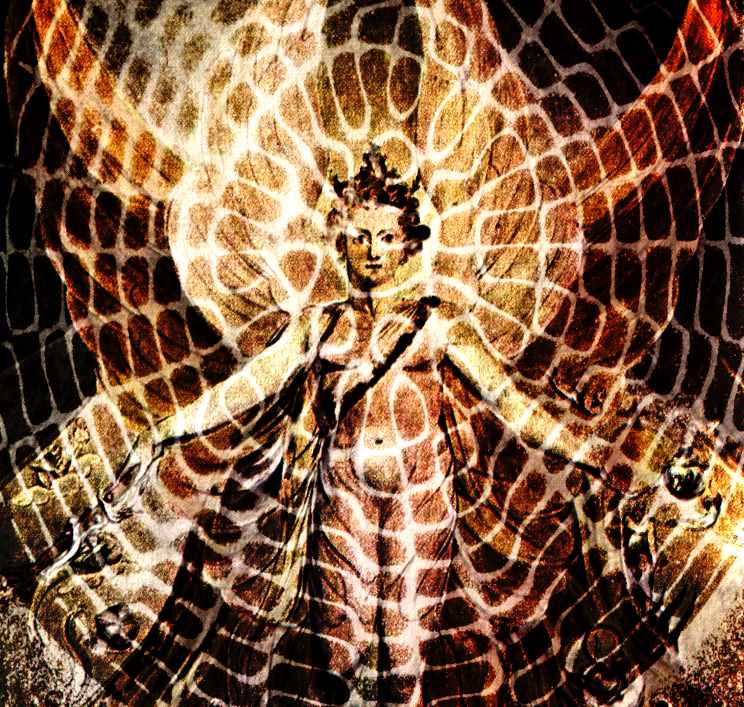“Because sometimes it’s not about the notes or the words or the chords etc – sometimes what makes for great music is its architecture. Which is certainly true of Pink Floyd and how they made it and played it through the late 1960s, early 1970s, post the psychedelic implosion of their main man, Syd Barrett, pre all that Dark Side of the Moon seriousness and precision. The live Ummagumma version of the ‘song‘ that was originally known as The Massed Gadgets Of Hercules gets the nod here because it’s prime evidence of just how far (and deep and high) the Floyd’s free live adventures had taken them in a comparatively short stretch of time, the key word being stretch. Because it may have been only year in a temporal sense between the release of Saucerful of Secrets and the live show that made it to Ummagumma, but clearly aeons had passed in more psychedelic realms. Never played the same way twice, and even if it was, it was never heard the same way, or so it was explained to me once. Which is what the cover of Ummagumma is all about apparently. Eternity simultaneously repeating and collapsing within itself on a nice day somewhere in England. I’d say maybe you had to be there, but I think we all were in some strange way.” (Philip Random)






